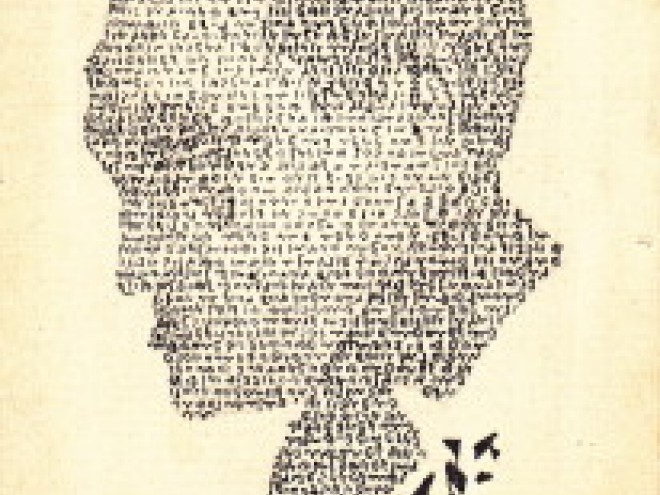By
– January 9, 2012
Most American readers of Yiddish literature and culture are familiar with the names of the modern classical Yiddish writers such as Sholem Aleichem, I.L. Peretz, and Chaim Grade. The role of women in Yiddish literature was usually confined to devotional prayers, tkhines, and some poetry. Longer stories and novels were not common since women were denied access to schools and learning that would allow them to develop their talents.
But in 1925 a novel by a woman Yiddish writer appeared that was groundbreaking in not only its publication but its topic. It is a story of forbidden love, not unlike a Yiddish version of Madam Bovary. The heroine, Sheyndel, wants a life of pleasure and love, turning away from the traditions of her shtetl life. This is the major theme of the novel, modernity encroaching upon the traditional life of Jews in the villages and towns of late 19th to early 20th century Poland. The symbol of this change is the railroad that is built and brings with it outside influences that destroy and corrupt the people, especially the younger generation in its first taste of a new kind of freedom. Like the Hasidic tales of an older literature based upon rabbinic story telling, the novel is both fanciful and spiritual with a moral message. A welcome addition to any library of Yiddish literature.
Barbara Bietz is a freelance writer and children’s book reviewer. She is currently a member of the Sydney Taylor Book Award Committee. Barbara is the author of the middle grade book, Like a Maccabee. She has a blog dedicated to Jewish books for children at www.BarbaraBBookBlog.Blogspot.com.





